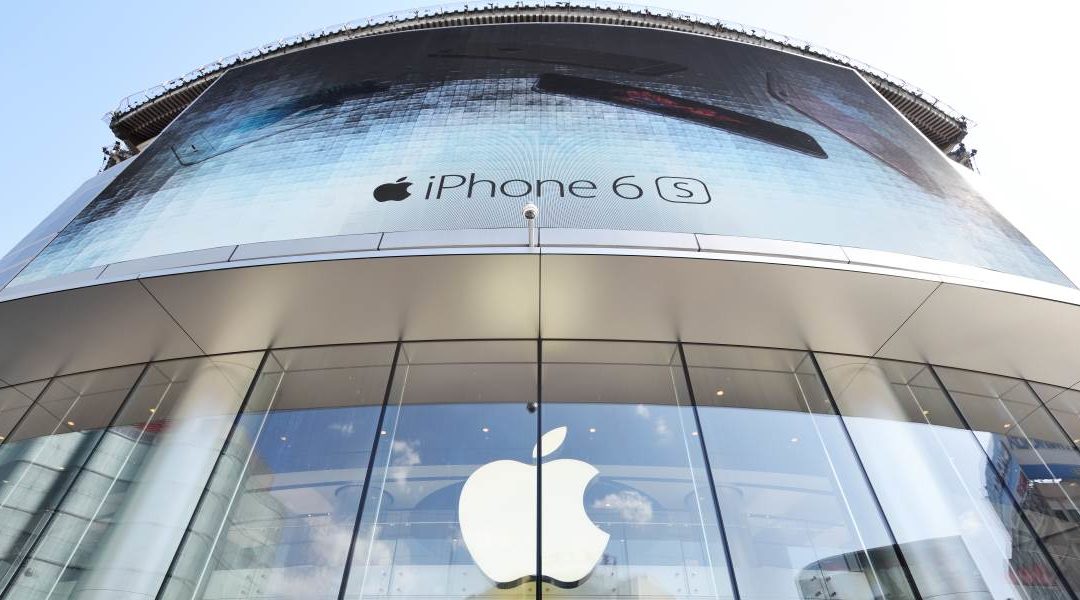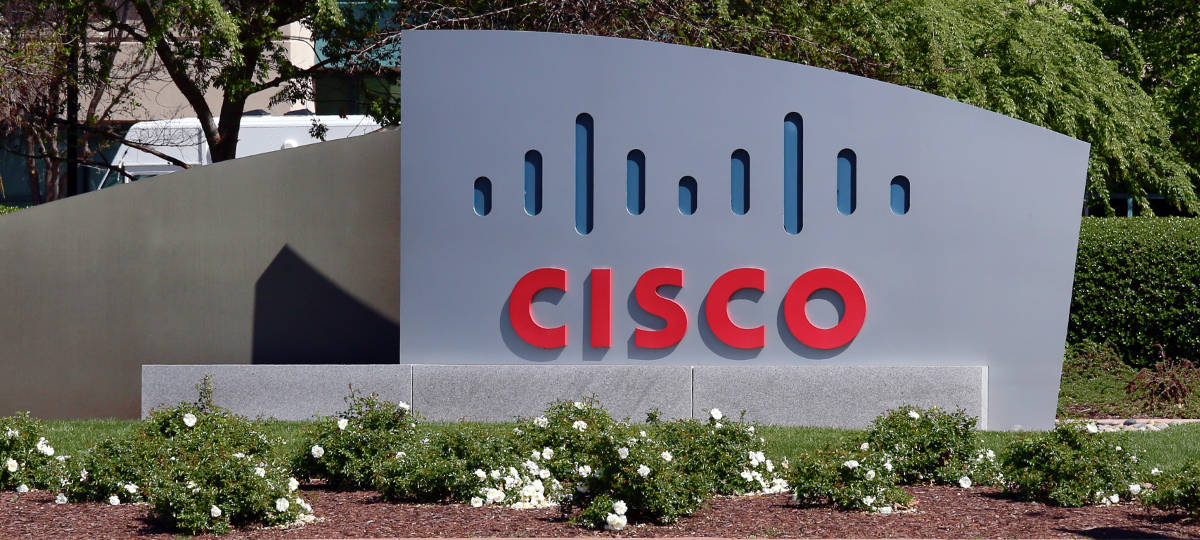As recent as in Q1 2016, 68% of the company revenue came from the iPhone, while the iPad and Mac each commanded merely 9%. Apple is first and foremost a mobile phone provider, which in turn highlights the danger of overreliance on a single product for growth.
Under Steve Jobs, Apple had a track record of cannibalizing its own products. In 2005, when the demand for the iPod Mini remained huge, the Nano was launched, effectively destroying the revenue stream of an existing product. And while iPod sales were still going through the roof, Jobs launched the iPhone which combined iPod, cell phone, and Internet access into a single device. Three years after the iPhone’s launch, iPad made its debut and raised the prospect of cutting into Mac desktop computer sales. So resolute was Apple’s determination in trading a highly profitable business for an unknown future that Jobs reportedly said “If you don’t cannibalize yourself, someone else will.”
That mantra has apparently disappeared.
With Tim Cook, Apple has experienced unmitigated growth by exploiting its market position in emerging countries. Revenue from China has grown from 9% of Apple’s overall revenue in 2011 to 29% in 2014. More worrisome is the lack of new products. While the Apple Watch has yet to make significant inroads, consumers saw the proliferation of different models of existing products: iPhone 6s, 6s plus, and 6sc; iPad Pro, Air 2, mini 4, and mini 2. What managers often fear most is when a company’s new products and services with lower profit margins directly cut into the sales of existing ones. Apple is now in danger of falling into the same pattern of thinking.
Consumer electronics are the fruit flies of the business world. Change is rapid and life cycles are short. In such an environment, there is little room for strategic mistakes. Misreading the market leads to diminished earnings; misreading it a few times, the company is sent packing. Paradoxically, pursuing a conservative strategy and trying to protect and extend existing products is not an option either. It only delays decline. One must develop the next growth engine before the core business begins to show signs of maturity. And the best rule of thumb is perhaps to follow Jobs’s footstep of imposing cannibalization as a guiding principle to manage product life cycle.
CEO Lars Sorensen from Novo Nordisk— the world’s largest maker of insulin — seems to agree. “If we wind up curing diabetes, and it destroys a big part of our business, we can be proud, and you can get a job anywhere,” he said in an interview. “We’ll have worked on the greatest social service of any pharmaceutical company, and that would be a phenomenal thing.”
About Howard Yu















